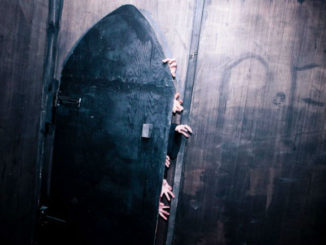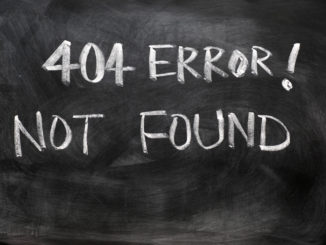
FOR:
[dropcap]“Tír[/dropcap] gan teanga tír gan anam,” are famous words from Easter Rising leader Padraig Pearse. They mean “a country without language is a country without soul”. So how can we as proud Irish people not want to treasure and learn our national language?
Our national language should of course remain compulsory in secondary schools as it is an important part of our culture and identity. It seems that Ireland is the only country to be embarrassed or annoyed about their national language. While other countries attempt to rebuild culture that was lost, Ireland seems to want to bury our history.
Just last year we celebrated the centenary of the 1916 Rising, a celebration of Irish culture and history, something that in 1916 could not be praised. While pushing something down someone’s throat is unhelpful, the patriotism that we all felt last year is enough to swell an interest in the Irish language.
Making Irish an option subject would led to a huge drop in participation in the subject, which may cause students to close career doors that they were unaware about whilst choosing subjects at the age of twelve. Many college applications require at least two languages (one being English), if you don’t choose any languages then you won’t be allowed to apply for the college of your dreams. Some colleges still require Irish as an entry qualification, regardless of other language choices. Therefore stopping compulsory Irish would have a damaging effect on young people’s future.
While it is no secret that the way Irish is taught in school is not ideal, it should still be a staple in our education. The Junior and Leaving Certification course work needs a drastic facelift to make it more applicable to our society. Whilst the oral is now worth 40 percent, a more hands on approach needs to be taken with speaking our language rather than just learning off essays.
A rework of the course work may reinvigorate the love for the subject. To make it more social and realistic would be much more helpful in everyday life and may make it easier for people to remember Irish phrases. However, the prose, poetry and history of the Irish language are interesting and an important reminder of our culture. Perhaps we should take a note from the UK system by splitting Irish into the spoken language and then the prose and poetry in a separate possibly optional subject of Irish literature.
If we were to make Irish optional, then we would have to make all subjects optional.
Bronwyn O’Neill
Against:
I believe that the Irish language should not be a compulsory subject taught in secondary schools.
Take a moment to reflect on the way our native language was taught to you in secondary schools. Did you dread the words ‘léigh anois go curamach ar do scrúdpháipéar…” or did you happily stroll down the corridor to learn tales told through our native tongue? It is likely that you relate most to the first option.
This, I believe, is because Irish can be perceived as a chore, something to be rote-learned with no other choice. The way in which we view the celtic language needs to change drastically in order to keep up the good preservation work done by organisations around the world.
If students view something as compulsory, they can feel trapped. It may not be the actual content of the Irish language course that is off-putting for young people, but the fact that they must study a subject in order to pass it and therefore pass the State Examinations overall.
As someone who has an undergraduate degree in Irish and Journalism, you may think that I should be on the other side of the argument, promoting ways in which we can aid the promotion of our treasured teanga, but this is not the case.
Some students can find languages to be the most challenging subjects, struggling to grasp the frightening modh coinníollach and slipping off into daydreams the minute An Triail is mentioned. I understand that everyone is different and we all possess our strong and weak points, therefore making it extremely unfair to impose a second or third language on a students struggling to comprehend the ins and outs of the first.
I myself had no other option but to take English, Irish, Maths and French at second-level, as was policy in my school and still is, to my knowledge. As someone who enjoys learning languages, I was lucky and actually wished to study a fourth language, which was against policy.
That being said, I also began to notice a stark difference in the manner in which the Irish language is taught in comparison to an often optional French curriculum. There was no need to learn poetry terms, such as onomatopoeia, in French, but there was if I sought a high grade in Irish. There was no need to analyse films, read novels or discuss the education system and its flaws in detail. Maybe if Irish was optional, it would be seen in the same, less stressful, light.
Áine Monk



